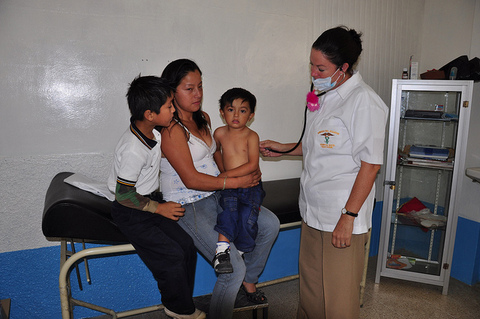 I was talking with a dean at Middle Georgia State College, and he mentioned that two rural hospitals in their vicinity were closing down because they just weren’t getting enough patients (revenue) to keep the hospital running. The hospitals have probably been running at a deficit for years if they haven’t always been. Rural healthcare sustainability has always been a problem for these hospitals serving sparsely populated areas.
I was talking with a dean at Middle Georgia State College, and he mentioned that two rural hospitals in their vicinity were closing down because they just weren’t getting enough patients (revenue) to keep the hospital running. The hospitals have probably been running at a deficit for years if they haven’t always been. Rural healthcare sustainability has always been a problem for these hospitals serving sparsely populated areas.
One problem for these two particular hospitals is that they serve a largely migrant worker population — many of which may be illegal and are doing their best to stay away from anything even near to official, like a hospital, for fear of being caught and deported.
Illegal or not, these migrant workers obviously still need healthcare services. The question is how to get healthcare to them in these hard-to-access rural areas. Rural hospitals haven’t been the answer, but one solution that could work is telemedicine. Dr. Recesso explained that with hospitals doing their best to keep patients out of their facilities to avoid Medicare penalties, Middle Georgia State’s nursing program has been looking for opportunities to provide more nursing clinicals outside of the hospital. One possibility could be to send student nurses into the rural migrant worker communities with a telemedicine kit. The nursing students could be observed working with patients via real-time video as vitals and other real-time data are also sent.
Perhaps another solution would be to have a standing telemedicine clinic where doctors in the Athens metro area regularly see patients via video. If most migrant workers own smart phones or tablets, doctors could even maybe see patients directly in their homes through a mobile device.
What do you think? How feasible is telemedicine for reaching migrant workers? What are your ideas for improving rural healthcare?



